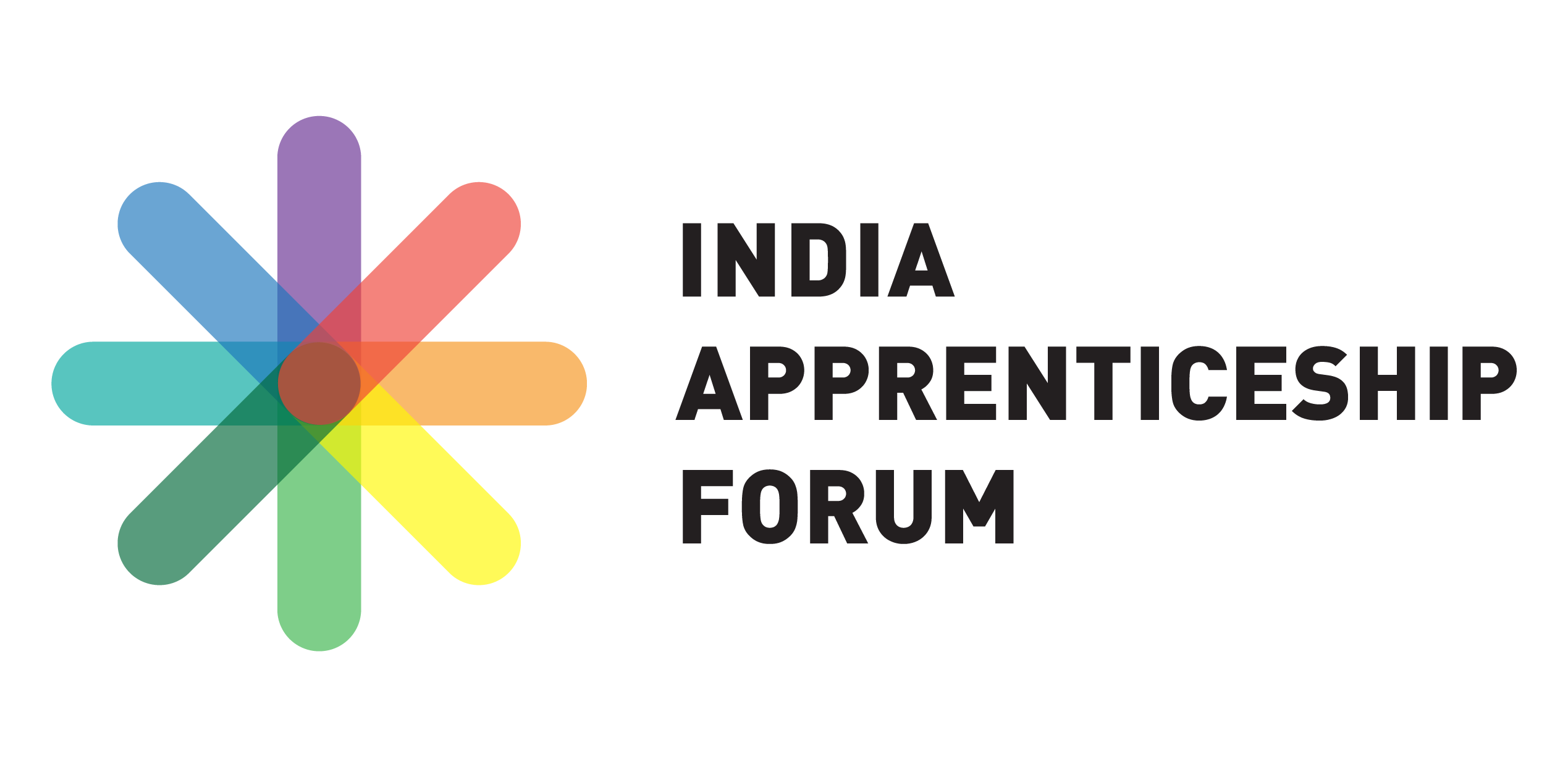The new National Education Policy recently announced by the Government of India has set off a series of discussions and opinions on its various facets. We present a collection. Currently, the pre-school system is out of the formal education arrangement and the education delivery is largely linear from class 1 to 10 and thereon for 11 and 12 standards, there is streamlining in the form of arts, commerce, and science. Here is how this will change.
A single regulator for higher education institutions, multiple entry and exit options in degree courses, discontinuation of M.Phil programmes, low stakes board exams, common entrance exams for universities are among the highlights of the NEP 2020. According to industry executives, the new National Education Policy, approved by the Union Cabinet will promote skill-based learning, create a solid digital infrastructure to massify education, improve accountability and employability.
Read more


Source: feautured in The Economic Times in an article titled,” National education policy 2020 restructures both school and higher education”.
Replacing the rules framed in 1986, the new National Education Policy restructures both school and higher education, making room for a more ‘flexible’ and ‘integrated’ approach.
Read more
The much-awaited NEP 2020 is a step in the right direction by the Government of India and will help achieve the mission of Literate India soon. The new education policy has been designed keeping in view the target of 50% GER by 2035, which it will achieve earlier than the deadline as the proposed flexibility and modularity in the undergraduate programs, the introduction of the academic bank of credit, and emphasis on the use of technology will improve enrolments. Read more to know about the New National Education Policy that was validated by the Union Cabinet Ministers Prakash Javadekar (I&B) and Ramesh Pokhriyal Nishank (HRD), who have played a key role in developing the new policies.














